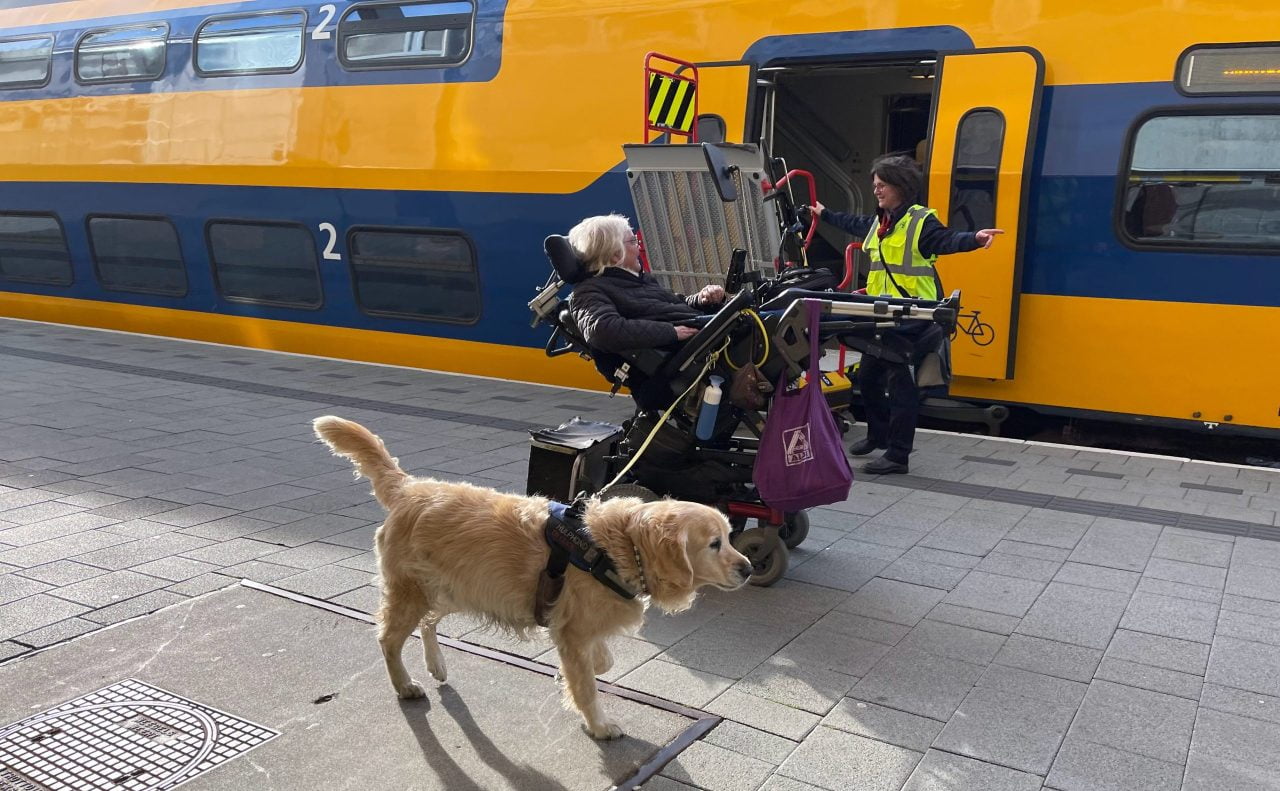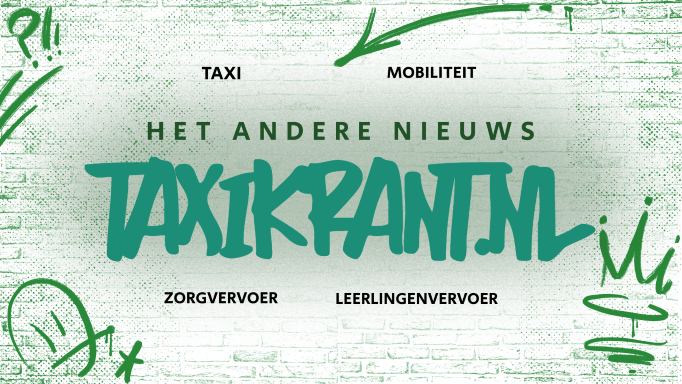Many trains need a second conductor. This is necessary for safety, says NS.
While the running trains from the timetable become less and less, the track begins to collapse under the number of travelers in trains that are too short. Several travelers complain on social media that they do not have a seat when they want to take the train. Striking are the trains that suddenly had fewer wagons, so that trains are overcrowded.
The problem occurs in both the Netherlands and Flanders. According to the NMBS, this is due to the large number obsolete wagons prone to breakdowns, and a shortage of technical personnel. A spokesman for the NMBS indicates that there are no strict standards as in the Netherlands. As a rule, one conductor up to ten double-decker carriages is fine there.
“The problem is the reliability of the older equipment, which is more susceptible to breakdowns and which, of course, breaks down more quickly. Due to delays in the delivery of new equipment, we have to keep older equipment in service for longer.”
Bart Crols - NMBS
NMBS recognizes the problem. Consideration was given to opening up seats in first class. That decision can always be made on board the train itself. If it turns out that there is really not enough space, the train conductor can decide to open up the first class. Dirk Defauw (CD&V), the mayor of Bruges, has written an open letter to the NMBS in which he denounces the overcrowded trains. “The peak hour trains arrive at the station overcrowded, so that many students cannot board”.
NMBS warns of overcrowded trains due to the large number of breakdowns and a shortage of technical personnel.
The Dutch Railways, on the other hand, are faced with a serious shortage of personnel. The shortage of conductors in particular is great and that influences the use of long trains. NS has had standards for years when a second conductor is needed. The so-called barge standard determines from how many carriages a 'second man' is required. As a rule, a second conductor is required from seven carriages. While Rover asks for more trains, and where possible every XNUMX minutes at every station, they are getting fewer and fewer. The problem of train cancellations, delayed, too short and crowded trains is getting bigger and bigger. Rover director Freek Bos pleads for a little “thinking” at the NS for the benefit of the customer.
constraint
Many people currently take the car instead of the train, due to the risk of train cancellations and overcrowded trains. For people with a physical or mental disability, the car is usually not an option, because they cannot drive themselves. Those travelers all too often see the train pass them by for lack of help at the station or no space available for the wheelchair. Under normal circumstances, this is already difficult for them, because they often need help getting in and out. And then we are not even talking about the lack and failure of lifts at stations due to overdue maintenance or lack of replacement parts.
Much misunderstanding among train passengers. The Dutch Railways recently removed trains from the timetable as a precaution. This should ensure that fewer trains are suddenly canceled. Rikus Spithorst of the passenger organization Voor Beter OV notes that travelers are still faced with unpleasant surprises.
"The NS has stripped down the timetable with the promise that travelers can count on the remaining trains to run. That does not seem to be correct now. We are seeing more and more complaints, that has been the case for a number of days."
Rikus Spithorst
As of today, the timetable has been even further stripped down and that is not even the worst part. According to Spithorst, many connections have been lost, so that passengers sometimes have to wait an hour for their connecting train. At the end of last year, an average of 2 to 3 percent of trains were cancelled. In the past two months it was 11 and 8 percent respectively.
Photo NMBS: Michael Depoortere





